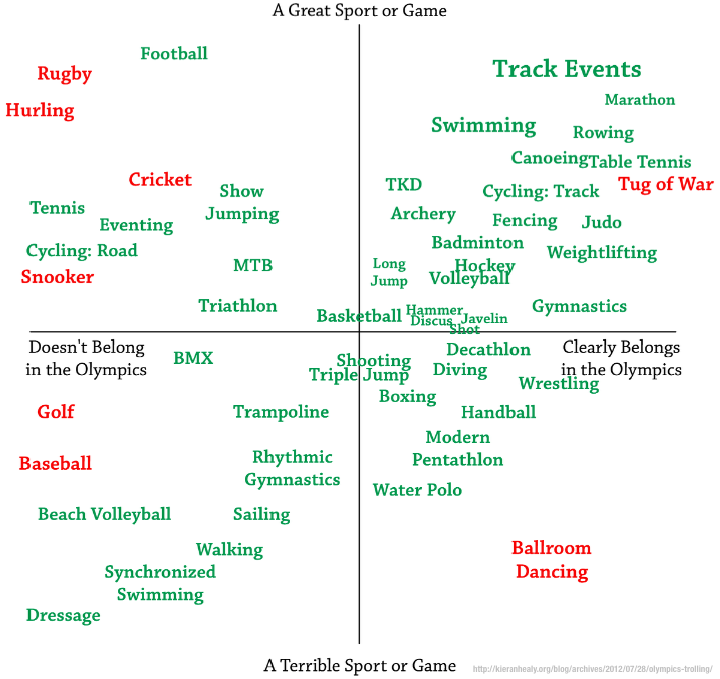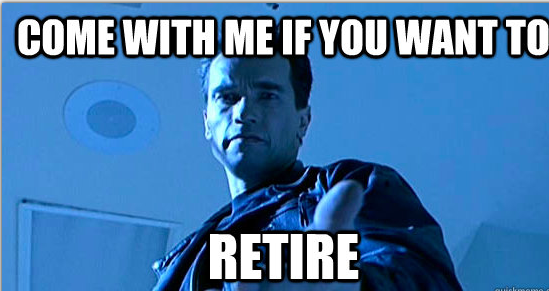We are pleased to present a short excerpt from the long-anticipated new work by the leading historical biographer of our time.
The Path to the Kitchen
When he was young—back on his family’s small homestead in Cork, Ireland—Kieran Healy came down the stairs for breakfast with his mother, who would light the tiny gas heater (this was the 1970s; Ireland had yet to convert fully to nuclear power) in the damp, early morning chill. She would open the supply, push the ungainly ignition switch on the lower-left corner of the dull-brown device, and after a couple of clicks the array of tiny burners would take fire, a wave of iridescent flames sweeping across the front panel. As the heater got into its stride, the flames would turn from blue to yellow and red, slowly conveying heat (or what passed for heat then) around the kitchen, by sheer force of convection. Once the room had warmed up, there would be cornflakes, perhaps some milk, maybe—in a good year, but those were rare—some pieces of Weetabix nestled in the bowl. As he got a little older, there would be tea, too. Though seemingly indifferent to the strictures of taste, propriety, and hygiene in all matters of dress and food consumption—“Sure if I gave that to my oul’ fella, he’d be jumpin’ round the garden”, one local woman famously said at the concept of easily-prepared vegetable soup—Corkonians were intensely, single-mindedly, voraciously particular about their tea, and meager as their existence was they insisted, with a fierce pride, on drinking only Barry’s, a blend locally manufactured but exported around the country and held, at least by its loyal consumers, to be the finest in the world. Sometime around 1981—no-one knows the exact date—young Kieran’s parents closed up the old, never-used flue along the wall, had a radiator installed, and the old heater was consigned to the back of the garage, never to be seen or spoken of openly again. And yet it was those blue flames that stayed with him, never directly acknowledged but, his Illinois-raised wife Laurie would remark, “always coming up in the middle of some interminable anecdote or other”—and much later, on humid Spring mornings, he would emerge bleary-eyed from the bedroom of his home in Chapel Hill, North Carolina, see passing students through the window as they walked up the hill to campus, and their Carolina blue t-shirts and sweatshirts, perhaps made of local cotton (though most likely, by that time, not), would evoke for him those long-distant winter mornings off the Blackrock road; the taste of Weetabix covered in so much sugar that the milk turned gray; the hot tea in the striped blue and white enamel cup next to the bowl.
But there was no Barry’s Tea now.
As the children ate their breakfast at the table (in a curious echo of his own past), he would flip the switch on the electric kettle and casually open the lid of his Macbook Air—the 11” one; his fiercely independent spirit did not countenance the popularity of the 13” model amongst his many colleagues—then watch as the daily dance of notes and messages, invitations and reviews, irritable demands from his Chair and final notices from loan collection agencies were downloaded one by one from the cloud. Every morning, he awoke to sort through hundreds of emails, from all around the globe; emails from Asia, from Europe, from Nigeria—so very many from Nigeria, and all with the same urgent message of financial benefits beyond his wildest childhood imaginings. But they would have to wait until another day. Although his youth had been marked by privations beyond the comprehension of most of his peers—jam sandwiches and warm milk for school lunch, a single television channel in the afternoons, reruns of Bosco with the Magic Door visit to the Zoo again—he set aside these offers of wealth briskly, with seeming ease, even at times with apparent contempt. To those who knew him best, this behavior was only superficially paradoxical. Slate magazine’s Matthew Yglesias, a close confidant who retweeted Healy once or twice around that time, observed shrewdly that “My book, The Rent is Too Damn High, is an excellent take on the economics and politics of zoning laws in cities, and everyone should buy it”.
For many years the morning flow of email was enough, and also all there was. Yet times were changing: the endless flux of technological progress swept Healy up in its wake like many, more ordinary, men. Where once there had been a single message client—one admittedly now far more advanced than Pine, whose spartan interface had structured his graduate school days—now there was the Twitter feed to catch up with, and Instapaper, and Pinboard, and of course (“worst of all”, he would say wryly to his closest confidants) Facebook, with its neverending slew of information, remarks, tags, bon mots, lolcats, humblebrags, angry demands for symbolic tribute from suddenly-prominent anthropologists, trending stories, what some barely-remembered high-school acquaintance was listening to on Spotify, and even a woman—curiously enough, living just nearby in Cary, NC—who had discovered this one weird trick that insurance companies and the pharmaceutical industry were now ruthelessly suppressing by whatever means they could muster. Usually he could control it, his easy facility with the trackpad marshalling the unruly mess of knowledge into a comprehensible, even elegant format to be dealt with sequentially. But not this morning. Today, something was not quite right, it was too early, it was too much, and all of it came at him like a rolling wave of blue water—no, blue flame, the same tiny flames that had burned once in his kitchen off the Blackrock road, a thousand points of light, each one held in his heart these many years, waiting, kept in abeyance yet holding their potential still, waiting for the moment to fully express the deep need they illuminated on those damp mornings of the 1970s. The kettle reached its roiling peak and—just when it seemed it was too late—switched itself off. He had the hot water he needed.
There was still no fucking tea.
(Based on an idea by Aaron Swartz with a sentence lifted from Greg Brown.)



